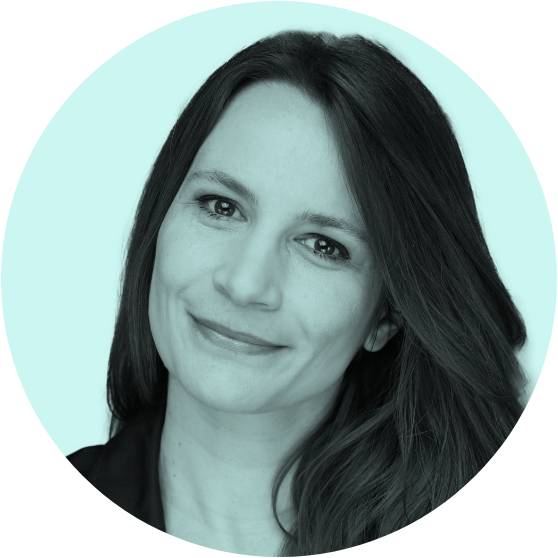GIZ’s new strategy cycle begins in 2023 and runs until the end of 2027. It builds on the results of the previous Corporate Strategy. The main characteristic of the future strategy is its integrated approach: instead of looking at individual challenges, it focuses on the major issues around global transformation that can only be addressed with integrated, joined-up thinking and action. It will help us to ensure that we can effectively support the goals of our clients and commissioning parties, even in an environment of major political upheaval.
Our new strategy
Climate change, increasing fragility and pandemics are just some of the global challenges we face. We are looking to work in a more integrated and digitally driven way in future to continue improving our ability to respond to these situations. This is what the new Corporate Strategy builds on.

»Our thinking will be more joined-up«
Three questions for Kirstin Rossgoderer, Head of the Strategy Section in the Corporate Development Unit
GIZ wants its new strategy to create ‘integrated solutions’. What does it mean by that?
We want to break away from our previous individual-project rationale, where project staff focus primarily on the specific project they are tasked with implementing. Of course, GIZ will also continue to work in projects, but our thinking will be more joined-up and our work with each other more directed towards common goals. This will enable us to use resources more flexibly, rapidly and efficiently across project boundaries and to harness synergies. In future, we would also like to step up cooperation among our partner countries so that they can join forces to implement global agendas.
»We see digitalisation as the central lever that will enable us to develop integrated solutions.«
Kirstin Rossgoderer,
Head of the Strategy Section in the Corporate Development Unit
How will the essence and results of the previous strategy be incorporated into the new one?
In our last strategy cycle, the focus on our ability to implement projects effectively triggered major change within GIZ. Naturally, we will build on the results of the focus projects and integrate the various change processes, such as digitalisation and S4GIZ, even more closely into the new strategy. Our strategic framework also continues to be defined by four areas of action: effectiveness, business development, expertise and alliances, and value for money.
Does the new strategy have any particular priorities?
We see digitalisation as the central lever that will enable us to develop integrated solutions. In addition, we are focusing on working with our countries of assignment and also with partners from the political sphere, the scientific and academic community, and civil society to produce and implement systematic, integrated solutions. At the same time, we are continuing to adapt our internal workflows to enable us to deploy HR and financial resources, and materials and equipment even more quickly where they are needed and across projects.